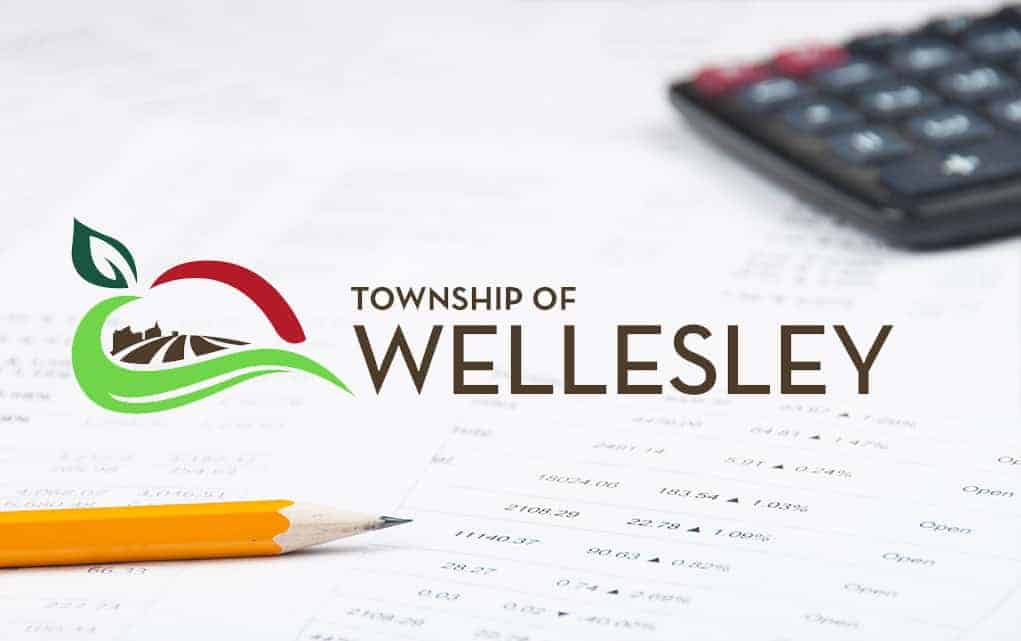;
;
;
Next Article
More staff in org. shuffle

The Township of Wellesley will be applying a four per cent municipal accommodation tax (MAT) to all hotels in the township. The tax, which was approved by councillors Tuesday evening, would be applied to revenues collected from rooms sold for overnight accommodations in the township. The new tax is
Last updated on May 03, 23
Posted on Apr 18, 19
2 min read
